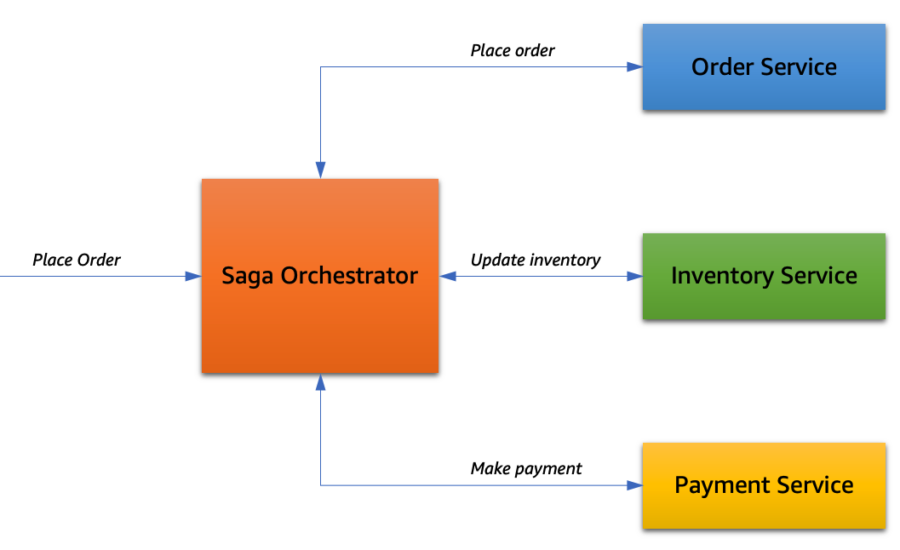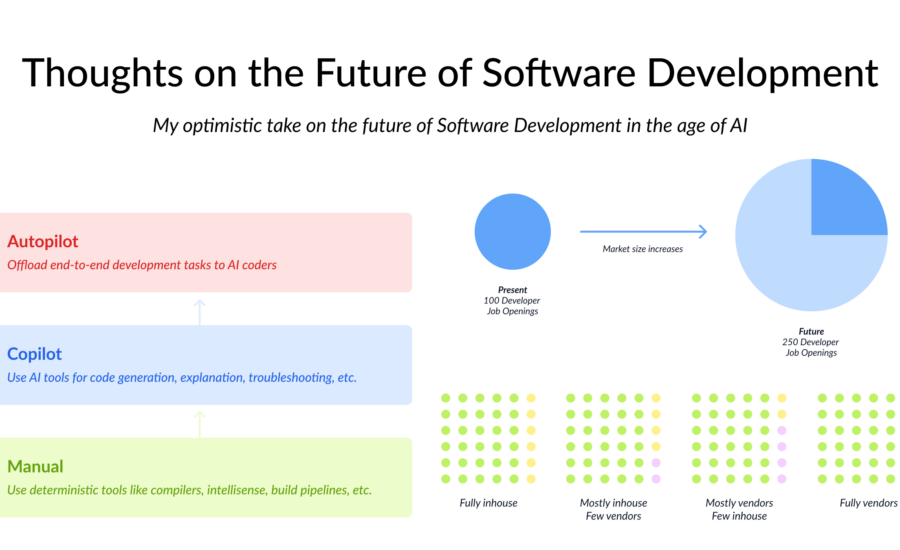Qodana, developed by JetBrains, is a comprehensive code quality platform designed to enhance software development by integrating static code analysis directly into your workflow. It leverages the intelligent inspections familiar to users of JetBrains IDEs, facilitating the
- Home
- Tag: java
In microservices architectures, managing transactions across distributed services presents unique challenges, particularly when ensuring data consistency. The Saga Pattern offers a robust solution by breaking down complex transactions into a series of smaller, manageable steps, known as
Introduction Artificial intelligence (AI) has revolutionized the way we develop and interact with software applications. Spring AI, a part of the popular Spring ecosystem, simplifies the integration of AI and machine learning (ML) capabilities into Java-based applications.
Introduction Bedrock is an innovative AI platform developed by Amazon that enables developers to build and deploy machine learning models with ease. With Bedrock, developers can leverage pre-trained models for various tasks, including image generation, natural language
As software development continues to evolve, architects and developers are constantly seeking better ways to design and structure their applications. Two popular approaches that have gained significant attention in recent years are Spring Modulith and Microservices. While
Whether developers need to take philosophy classes or not, the reasoning is sound. Generative AI transformed the way we think and work. Unlike in the past, when developers took instructions from a team lead and executed tasks
As a developer, you're likely no stranger to working on multiple projects simultaneously. Until recently, IntelliJ IDEA lacked a feature that Eclipse users took for granted: multiple workspaces. But with the latest release of IntelliJ IDEA (2024.2)
Single Responsibility Principle (SRP) A component should have only one reason to change, meaning it should have only one job. Example: User Profile Component Do: Split responsibilities into smaller, functional components. // UserProfile.js const UserProfile = ({
Micronaut is a rising star in the world of Java frameworks, particularly for building modern microservices. This open-source framework boasts impressive features like speed, efficiency, and modularity. But how does it stack up against the established giant,
Large Language Models (LLMs) caused a huge stir in the creative circles when they were able to generate images, text and code. Initially the results were quite hilarious with drawings of people with messed up hands, hallucinating incorrect
- 1
- 2









